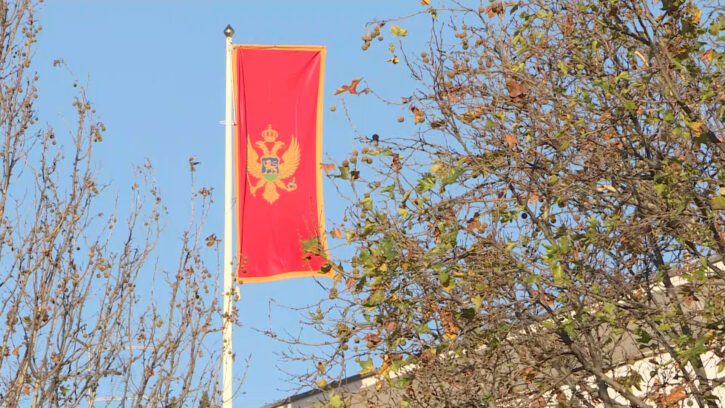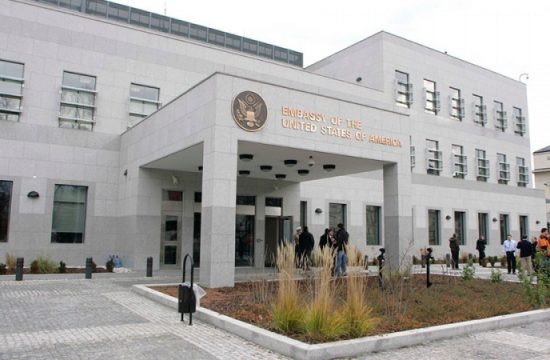
Montenegrin health authorities said on Saturday that a total of 35 people in the country were infected with COVID-19, with nearly half of them coming from Rozaj, a townlet with 20,000 inhabitants on the border with Serbia and Kosovo, and they announced the introduction of new restrictions.
It has been determined that 84% of the active cases are “imports” from Serbia.
Fourteen new coronavirus cases were reported in Rozaj in a single day, and they all originate from Serbia, which prompted the national crisis management team to close the border crossing Vuca on the border with Serbia.
Compulsory wearing of masks outdoors and in public indoor places has been introduced and gatherings of more than two people have been banned. Religious services will be conducted in the absence of believers and funerals will be organised with only members of the immediate family in attendance.
After a thorough investigation, Montenegrin epidemiologists have established that 26 of 31 active infections have been directly imported from Serbia or have spread through Montenegrins who in the past ten days stayed illegally in Serbia.
Montenegro reported the first new cases of COVID-19 last week after no new cases had been reported for 42 consecutive days. The disease was brought into the country by Montenegrin nationals who on June 19 attended a football match in Belgrade.
To avoid compulsory isolation or quarantine, they entered Montenegro from Bosnia and Herzegovina.
Since June 18 a government decision has been in force allowing nationals of Bosnia and Herzegovina to enter Montenegro only if they have a negative PCR test issued by an accredited laboratory.



